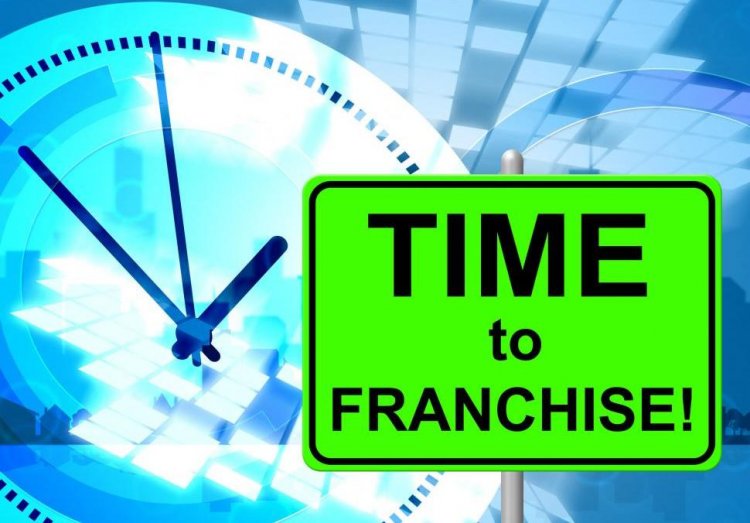What You Should Know Before Embarking on a Career in Franchising
Phil Fankhauser, CEO, Epcon

When people think of franchising opportunities, they often think of fast food restaurants, hotel chains and fitness centers. When I tell people that I offer a franchise for home building communities – they do a double take.
About two decades ago, my cofounder and I decided that the business model we created for building and selling our award-winning, single-story residential condominium communities could be replicated. Our residential communities were and remain targeted at the 55 + market today.
Baby boomers, by the way, represent the largest demographic in the United States seeking housing (Source: Metrostudy). According to U.S. Census Bureau data there are 76.4 million baby boomers. Another way to think about how many mature adults there are is to think of it as the fact that every 15 seconds the 55+ population increases by one. Resulting in an additional 5,676 mature adults per day and 2 million per year. Realizing we wouldn't be able to keep up with this demand we turned our business model into a franchising system for aspiring real estate developers.
We have learned a lot over the last two decades -- not only from but by working with our franchisees. I’d like to share a few of the lessons we learned to aspiring franchise owners.
First and foremost, it’s important to understand the commitment when starting in a franchise. You’re leaving a traditional office environment and starting your journey as an entrepreneur. It’s vital for you to be certain what the corporate organization is able to offer you as a franchisee.
Here are a few personal questions you should ask before making a commitment:
- Do you have the ability to fully commit to the franchise (it is a full-time job)?
- Do you have the capital to be a franchisee?
- Are you required to have access to land?
Another valuable insight, if you have the ability to network with other franchisees and learn more about their experience – do so. You will learn a great deal about the organization through their eyes. For example, we have an annual conference for our franchisees to learn best practices and network with one another. If the franchise that you’re looking into has a program like this, you should inquire if you are able to participate and attend.
Here are a few questions to ask other franchisees:
- Is there a network of other franchise owners?
- Are any of the franchisees repeat owners?
- How much can you customize the franchise or is it a cookie cutter approach?
Many corporate franchising organizations also have the ability to keep you informed on trends and potential market opportunities. For example, we commissioned Metrostudy to determine which cities have the highest potential for a housing deficit for baby boomers in the next five years. This study benefits our current and prospective franchisees because it educates them on hot markets that could represent potential business opportunities.
Here are a few questions you should ask about the corporate entity:
- Has the organization received national brand recognition, including awards?
- Does the business have a national account buying program?
- Does the business have a reputation of quality and strong customer service?
- Is there a marketing program you can tap into and an overall framework of support that you can access?
- Are there training programs that will guide you to effectively run your franchise?
It's also important to look at the financial stability of the organization. For example, we are a financially stable organization that survived multiple economic downturns. Many of our franchise owners did as well. We think this is because they have the flexibility to build, market and manage residential communities that make sense for their region.
Every industry is cyclical – so it's important to ask if the franchise is based on a sustainable business model. In real estate, for example, it is a generally known fact that many sprawling residential communities in the 90s and early 2000s were designed for a growing family. Epcon took a different path, realizing that there would be an ongoing opportunity to build homes for the active adult market. This idea has prevailed as there now exists a perfect storm for our franchise owners to capitalize on a baby boomer market that is underbuilt.

















